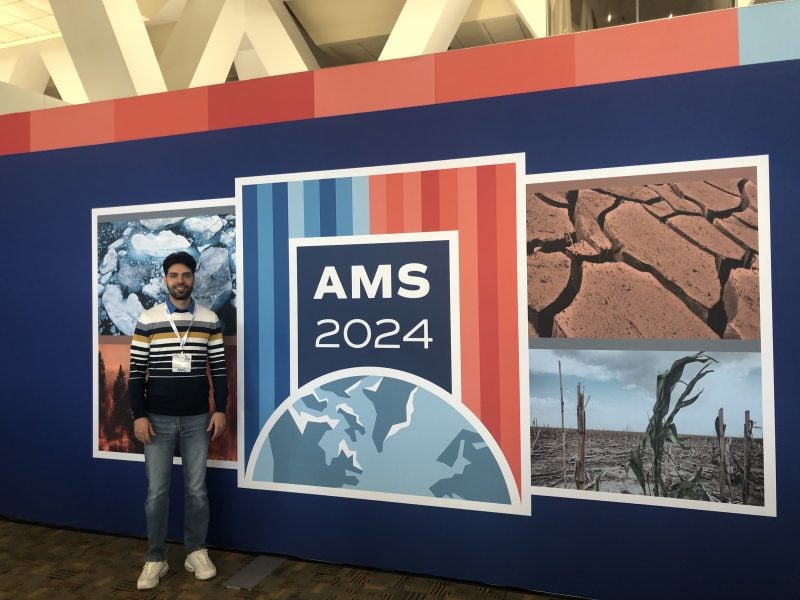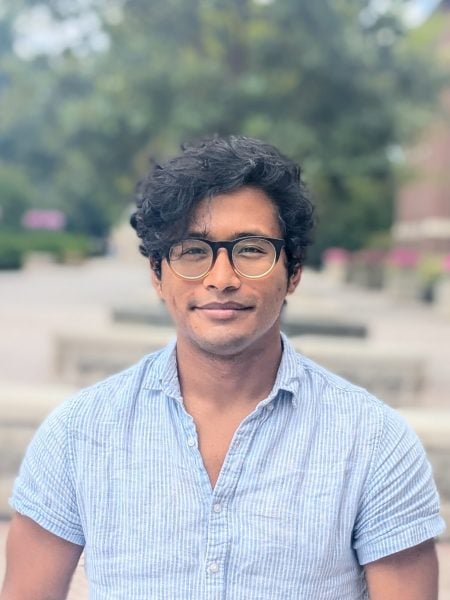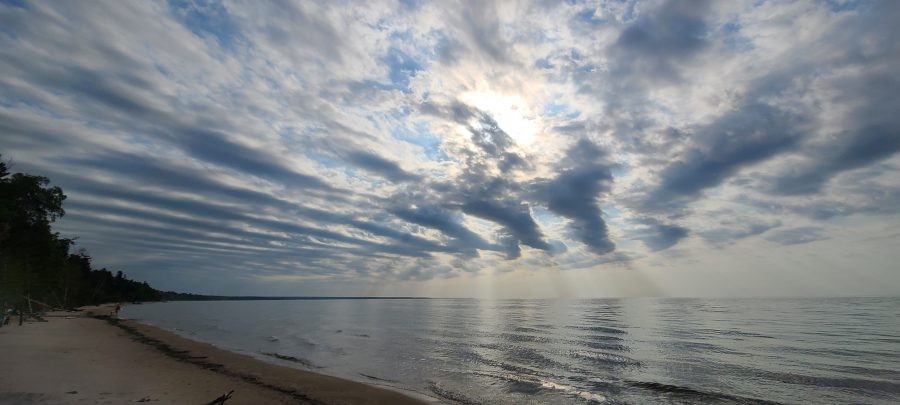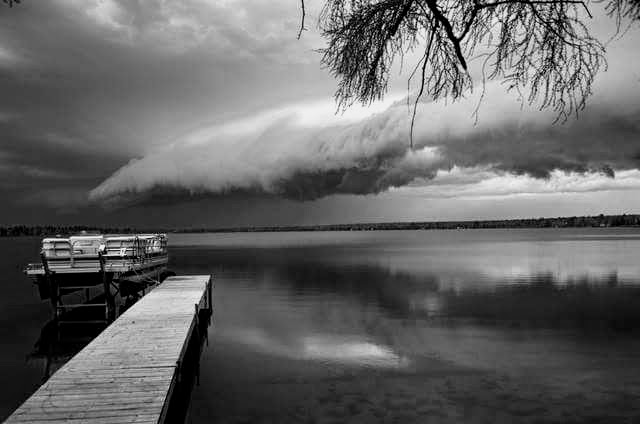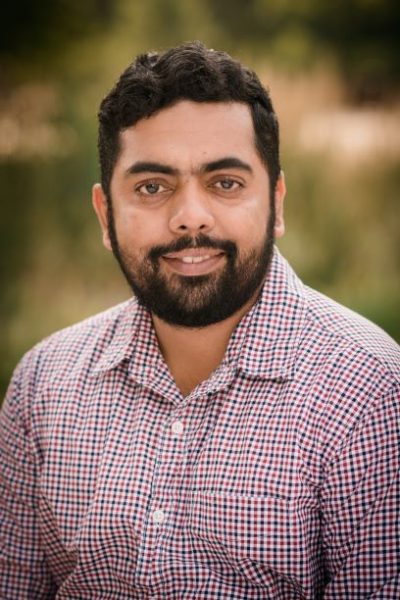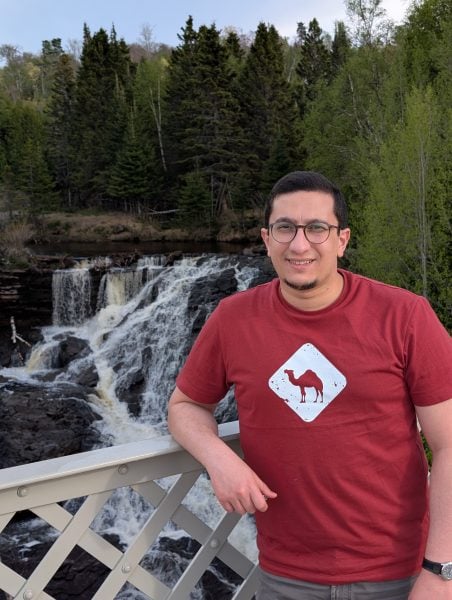
I am a fifth-year PhD candidate in Atmospheric Sciences, originally from Amman, Jordan, where I earned my Bachelor’s and Master’s degrees in Physics from the University of Jordan. Growing up in a region characterized by low precipitation and highly inconsistent rainfall patterns sparked my curiosity about how rain forms and why it varies so much. This early interest motivated me to pursue research that contributes to a deeper understanding of our planet.
I have always been fascinated by how weather evolves over time, but it was during my research at Michigan Tech that I began to appreciate the complex role clouds play in shaping weather and climate. My work focuses on developing an imaging system capable of retrieving the size distribution of cloud droplets generated in a controlled laboratory environment. This allows us to study how cloud droplets grow in response to different atmospheric processes and conditions.
Throughout my PhD, alongside coursework and seminars, I have gained a deeper understanding of atmospheric science and cloud physics, thanks to the guidance of outstanding researchers in the field, especially my advisor, Claudio Mazzoleni. I am grateful to be part of a program that has allowed me to collaborate with the team behind the Pi Cloud Chamber at Michigan Tech, where cutting-edge research is being conducted.
I deeply appreciate the supportive and inclusive environment within the Atmospheric Sciences program and the Physics Department. I am especially thankful to work with an advisor who is consistently encouraging, supportive, and approachable, which has made my PhD journey a smooth and rewarding experience.

